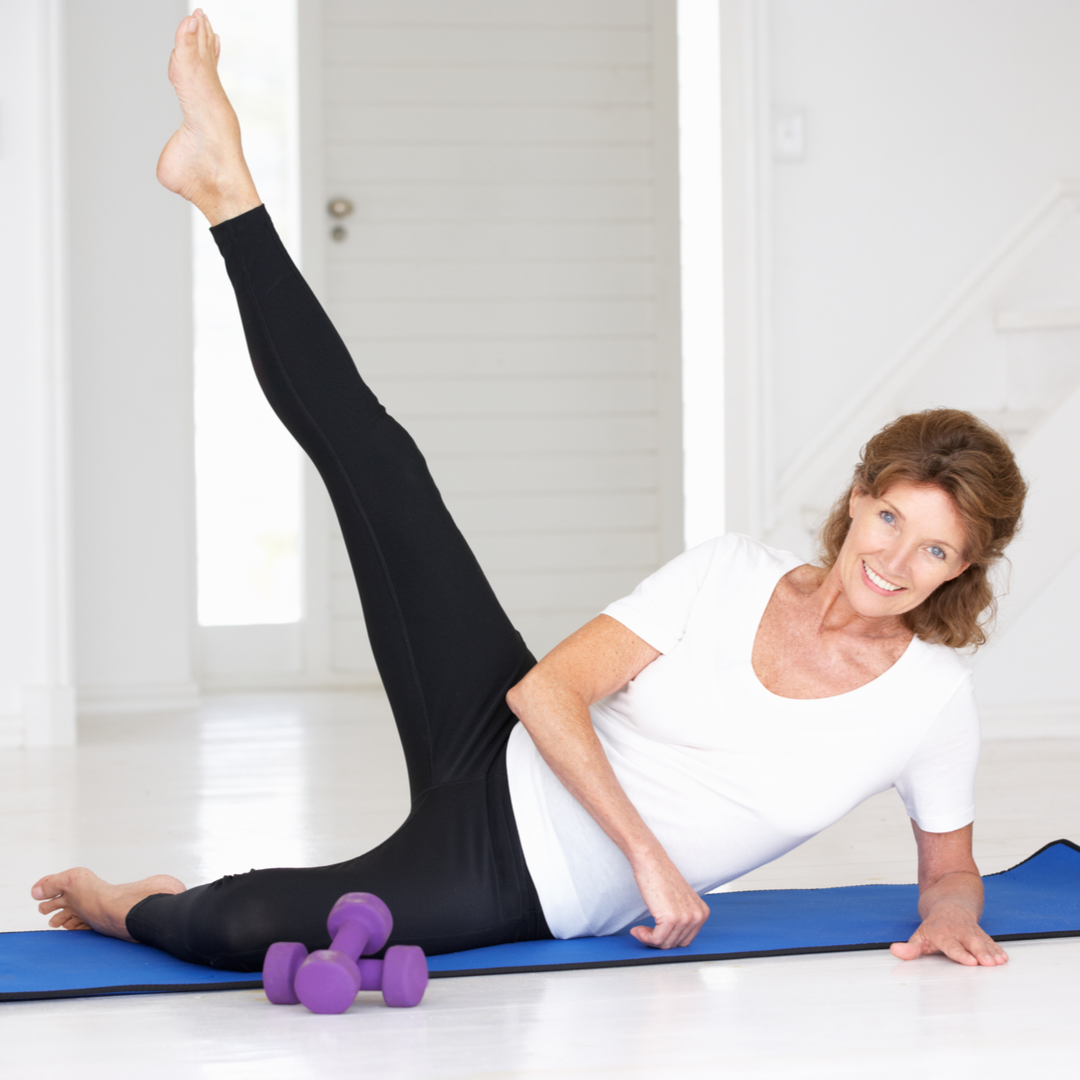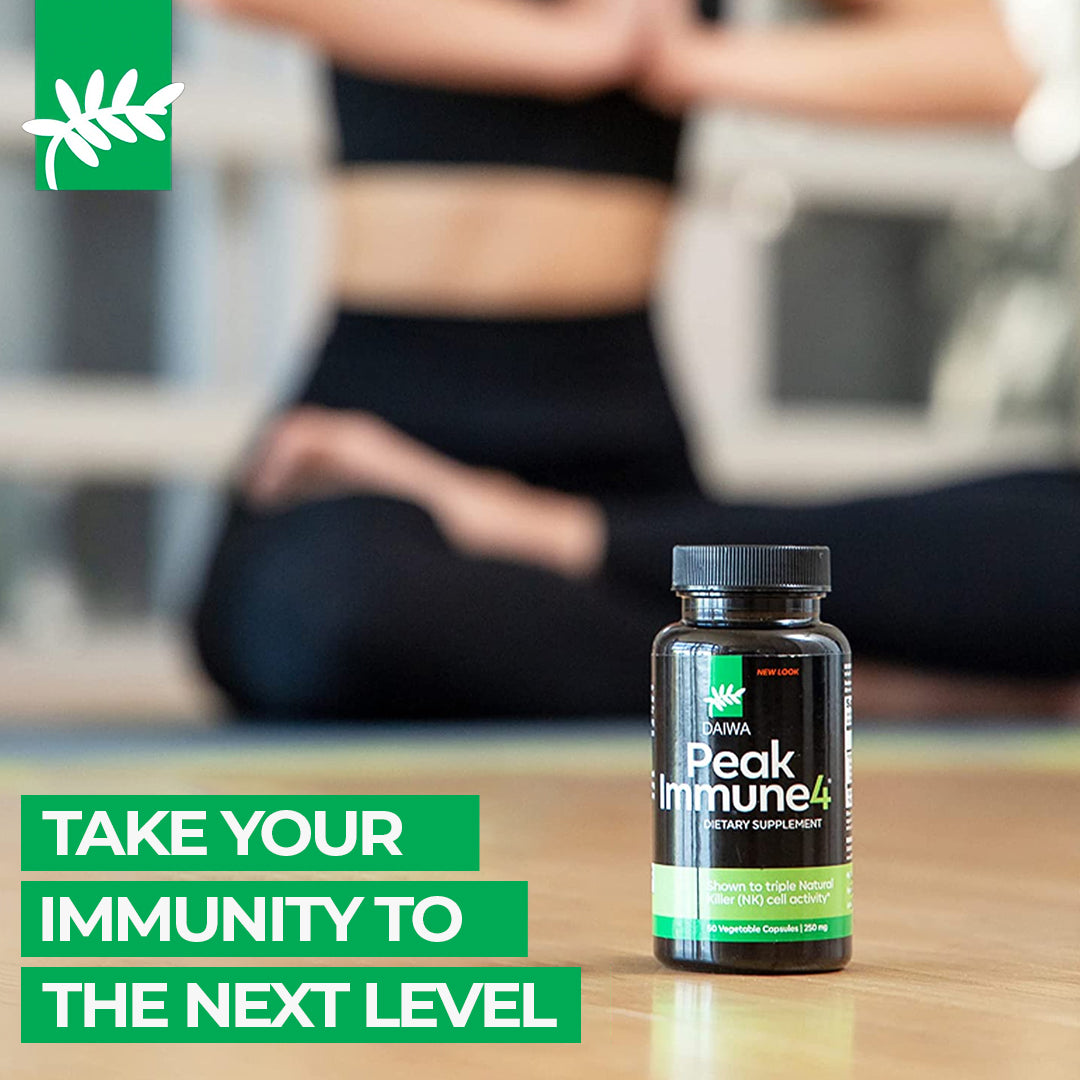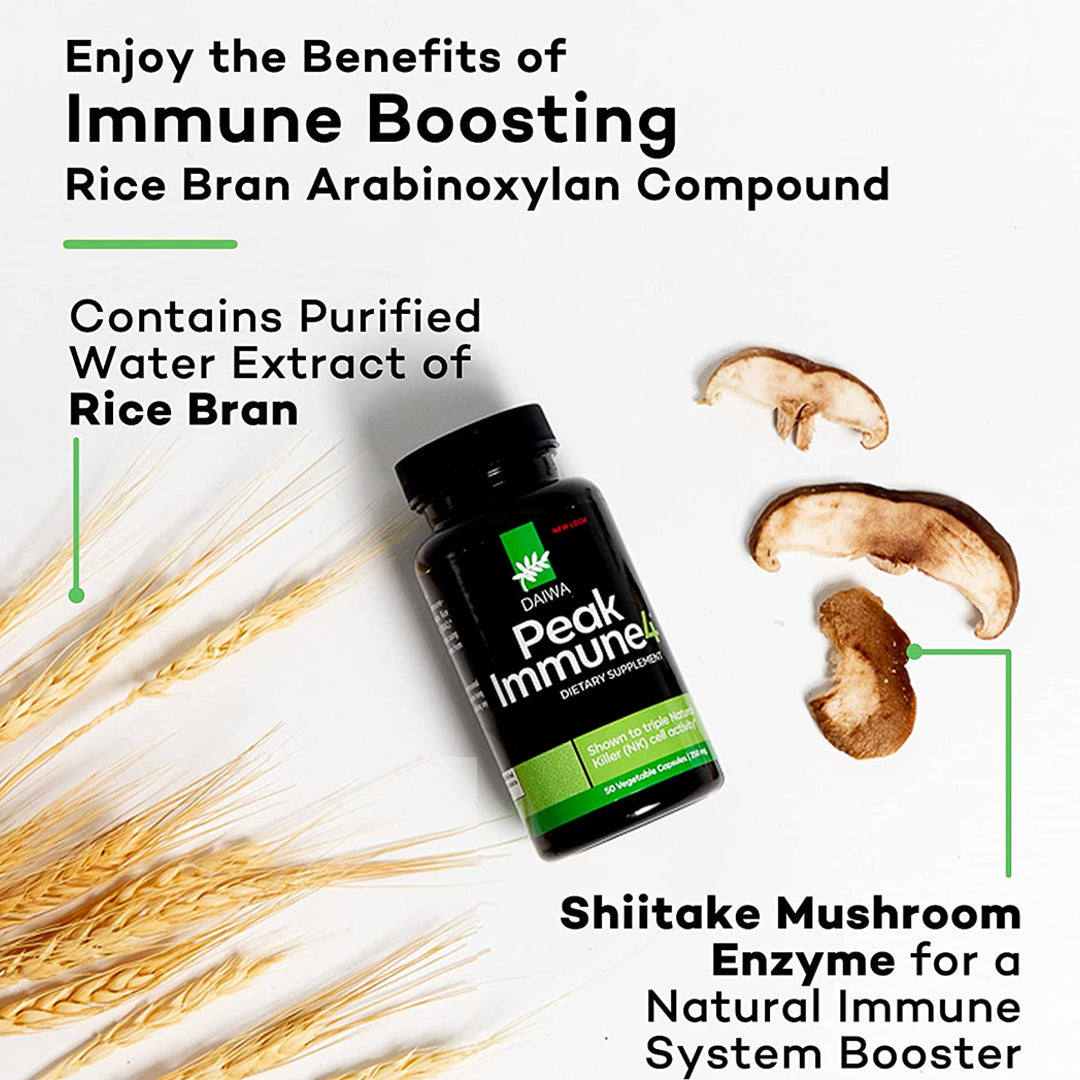At Daiwa Health Development, we prioritize natural solutions to support your body's vitality, including supplements like our Daiwa krill oil that deliver omega-3s to combat inflammation and promote joint health. Keeping your joints healthy requires consistent habits that reduce stress on your joints, prevent joint pain, and maintain mobility as you age.
Joints connect your bones and enable movement, but factors like excess weight, injury, and arthritis can lead to pain, stiffness, and cartilage degeneration. By adopting these tips to keep your joints healthy, you minimize risk and enhance your quality of life.
Why Prioritize Joint Health?
Healthy joints allow you to stay active without pain or limitations. Ignoring joint health often results in conditions like osteoarthritis, where cartilage breaks down, causing joint pain in knees, hips, and other weight-bearing joints. Strong muscles and bones provide essential support to protect your joints from further damage.
Arthritis affects millions, leading to swelling, stiffness, and reduced function. Maintaining healthy joints through lifestyle choices cuts the risk of these issues and supports overall body wellness.
Maintain a Healthy Weight to Reduce Stress
Excess weight puts extra stress on your joints, especially weight-bearing joints like knees and hips. Every extra pound adds significant pressure during walking, accelerating cartilage degeneration and increasing joint pain.
To maintain a healthy weight, focus on balanced meals and portion control. Shedding even a few extra pounds eases stress on your joints, lowers inflammation, and helps keep your joints healthy. Studies from the Arthritis Foundation show that weight loss directly correlates with less knee pain in osteoarthritis patients.
Incorporate Regular Exercise for Mobility
Regular exercise strengthens muscles around your joints, providing better support and reducing injury risk. Low-impact activities like walking or swimming keep joints healthy without excessive strain.
Aim for at least 150 minutes of moderate exercise weekly. This builds endurance, improves balance, and lubricates joints naturally by stimulating synovial fluid production. Staying active prevents stiffness and promotes healthy joints throughout life.
Build Strong Muscles with Strength Training
Strength training targets muscles that stabilize joints, such as those around knees and hips. Strong muscles absorb shock, protecting joints from extra stress and potential injury.
Include exercises like squats or resistance bands twice a week. This not only combats muscle loss with age but also supports joint health by minimizing the risk of falls and joint damage. Consult a physical therapist if you have existing joint pain to ensure proper form.
Eat a Diet Rich in Anti-Inflammatory Foods
What foods are good for your joints? Opt for options high in omega-3s, antioxidants, and vitamins to fight inflammation and support cartilage health. Fatty fish like salmon, walnuts, berries, and spinach reduce joint pain and swelling associated with arthritis.
A diet rich in lean proteins, fruits, and vegetables nourishes bones and muscles. Avoid processed foods that exacerbate inflammation, and include dairy products for calcium to build strong bones that protect joints.
Stay Hydrated to Naturally Lubricate Joints
How do you naturally lubricate your joints? Hydration is key, as water helps maintain synovial fluid that cushions and lubricates joints, reducing friction and pain.
Drink at least eight glasses daily, more if active. Dehydration leads to drier joints, increasing stiffness and joint pain. Combine this with omega-3-rich foods for enhanced lubrication and to keep your joints healthy.
Protect Your Joints from Injury
Joint injuries often stem from repetitive movements or poor technique during activities. Always warm up before exercise to prepare muscles and joints, reducing the chance of strains.
Use protective gear like a knee brace for high-risk sports. Proper posture during daily tasks minimizes extra stress on joints, preventing long-term damage and maintaining healthy joints.
Manage Stress to Lower Inflammation
Chronic stress triggers inflammation, worsening joint pain and arthritis symptoms. Techniques like meditation or yoga reduce stress hormones, easing pressure on joints.
Incorporate stress management into your routine for better joint health. This supports a healthy lifestyle that protects joints from inflammatory damage over time.
Get Adequate Vitamin D for Bone Strength
Vitamin D aids calcium absorption, essential for strong bones that support joints. Low levels increase risk of osteoporosis and joint issues.
Spend time outdoors or eat fortified dairy products. This nutrient helps maintain healthy weight and reduces joint pain by bolstering bone density around weight-bearing joints.
Use Heat and Cold Therapy for Relief
For acute joint pain, apply a cold pack or ice wrapped in cloth to reduce swelling and numb discomfort. Heat therapy relaxes muscles and improves blood flow to stiff joints.
Alternate as needed, but avoid direct ice on skin. This simple method alleviates pain without medications, helping you stay active and protect your joints.
Avoid Prolonged Inactivity
Staying in one position too long causes stiffness and weakens muscles supporting joints. Take breaks to move during sedentary work, promoting circulation and joint lubrication.
Regular movement prevents cartilage degeneration and keeps joints healthy. This habit is crucial for those with desk jobs to avoid building extra stress on hips and knees.
Strengthen Balance to Prevent Falls
Balance exercises like tai chi enhance coordination, reducing fall risk that could lead to joint injuries. Strong balance supports weight-bearing joints and minimizes impact.
Practice daily to build stability. This is especially vital for older adults to maintain mobility and prevent further damage from accidents.
Consult Professionals for Personalized Advice
If joint pain persists, see your doctor or a physical therapist. They can diagnose underlying health conditions like arthritis and recommend tailored plans.
Early intervention prevents escalation. For ongoing support, our Daiwa Health Inflammation Support Bundle, featuring krill oil packed with omega-3s, helps reduce inflammation naturally—consider signing up to incorporate it into your routine for optimal joint health.
Quit Smoking to Preserve Cartilage
Smoking accelerates cartilage loss and increases arthritis risk by impairing blood flow to joints. Quitting improves oxygen delivery, aiding repair and reducing pain.
Seek health care support to stop. This change significantly boosts joint health and overall body function.
Include Lean Proteins for Muscle Repair
Lean proteins repair muscles that protect joints from stress. Sources like chicken, fish, and beans provide amino acids for strong muscles.
A diet rich in these sustains energy for exercise and helps maintain a healthy weight, key to keeping your joints healthy.
Monitor and Manage Health Conditions
Conditions like diabetes or high blood pressure heighten joint damage risk. Regular check-ups ensure these are controlled, protecting joints from complications.
Work with your doctor on management strategies. This proactive approach maintains joint health and prevents pain amplification.
Embrace Walking as Daily Habit
Walking is one of the best ways to improve joints, as it strengthens legs without high impact. It reduces knee pain, builds endurance, and supports healthy weight.
Start with short sessions and build up. Consistent walking lubricates joints, eases stiffness, and lowers arthritis risk.
Opt for Low-Impact Activities
Activities like cycling or water aerobics minimize stress on your joints while building strength. These are ideal for those with existing pain or injury history.
They promote circulation and flexibility, essential for healthy joints. Integrate them to stay active without risking further damage.
Focus on Proper Footwear
Supportive shoes absorb shock, reducing stress on knees and hips during walking. Ill-fitting footwear exacerbates joint pain and misalignment.
Invest in quality options with cushioning. This protects weight-bearing joints and helps maintain balance for long-term joint health.
As experts in natural health solutions, we at Daiwa Health Development encourage you to explore our products, such as Plasmanex1, which supports better circulation and less joint pain. Sign up today at daiwahealth.net to purchase these supplements and commit to keeping your joints healthy for an active life.








Leave a comment
All comments are moderated before being published.
This site is protected by hCaptcha and the hCaptcha Privacy Policy and Terms of Service apply.